To provide the best experiences, we use technologies like cookies to store and/or access device information. Consenting to these technologies will allow us to process data such as browsing behaviour or unique IDs on this site. Not consenting or withdrawing consent, may adversely affect certain features and functions.
The technical storage or access is strictly necessary for the legitimate purpose of enabling the use of a specific service explicitly requested by the subscriber or user, or for the sole purpose of carrying out the transmission of a communication over an electronic communications network.
The technical storage or access is necessary for the legitimate purpose of storing preferences that are not requested by the subscriber or user.
The technical storage or access that is used exclusively for statistical purposes.
The technical storage or access that is used exclusively for anonymous statistical purposes. Without a subpoena, voluntary compliance on the part of your Internet Service Provider, or additional records from a third party, information stored or retrieved for this purpose alone cannot usually be used to identify you.
The technical storage or access is required to create user profiles to send advertising, or to track the user on a website or across several websites for similar marketing purposes.
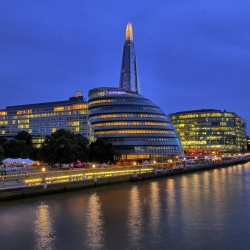 According to proprietary research by DeVono Cresa (DC), Q1 2021 saw 1.6 million sq. ft of office space leased across central London, representing a 27 percent increase on Q4 2020. As lockdown restrictions in the UK are eased, demand, availability and rents across central London have all trended as predicted and led to a leasing landscape that benefits tenants reviewing their space needs. (more…)
According to proprietary research by DeVono Cresa (DC), Q1 2021 saw 1.6 million sq. ft of office space leased across central London, representing a 27 percent increase on Q4 2020. As lockdown restrictions in the UK are eased, demand, availability and rents across central London have all trended as predicted and led to a leasing landscape that benefits tenants reviewing their space needs. (more…)






 A new survey has suggested that people’s reluctance to head back into the office has much less to do with the risks of COVID-19 or other germs and more to do with the dress code of the company they work for. According to the poll from
A new survey has suggested that people’s reluctance to head back into the office has much less to do with the risks of COVID-19 or other germs and more to do with the dress code of the company they work for. According to the poll from 
 More than a third (37 percent) of US and UK office workers describe the prospect of going back to the office as the equivalent of going out to meet with friends, according to a new study by
More than a third (37 percent) of US and UK office workers describe the prospect of going back to the office as the equivalent of going out to meet with friends, according to a new study by 


 Every week a new survey is published or a statement from a CEO hits the press related to corporate occupier’s desire to adopt a form of hybrid working for the long-term post Covid 19. And as a result, the desire to occupy less space in their central office hub. Landlords are asking- What do we do now to attract and keep great occupiers, and fill our buildings? I have an idea that is of its time. A time when the world has started to cooperate, collaborate, and work towards a common purpose. When work, life, values, and priorities are shifting. Employers are seeking to look after their people in a holistic way in and out of the office.
Every week a new survey is published or a statement from a CEO hits the press related to corporate occupier’s desire to adopt a form of hybrid working for the long-term post Covid 19. And as a result, the desire to occupy less space in their central office hub. Landlords are asking- What do we do now to attract and keep great occupiers, and fill our buildings? I have an idea that is of its time. A time when the world has started to cooperate, collaborate, and work towards a common purpose. When work, life, values, and priorities are shifting. Employers are seeking to look after their people in a holistic way in and out of the office. 
 As pubs, shops and other workplaces re-open this week, the success of the vaccine rollout has helped employees feel much more optimistic about their return to work than they were following November’s lockdown, according to
As pubs, shops and other workplaces re-open this week, the success of the vaccine rollout has helped employees feel much more optimistic about their return to work than they were following November’s lockdown, according to 
 As lockdown starts to lift, more people are having to think about going back to work as normal. That means commutes, offices, cafeterias, and face to face meetings.
As lockdown starts to lift, more people are having to think about going back to work as normal. That means commutes, offices, cafeterias, and face to face meetings. 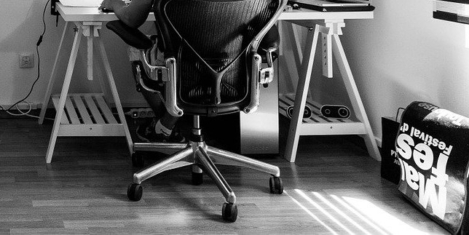
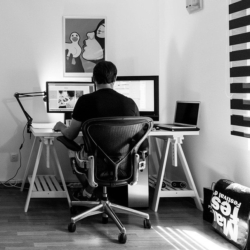 Research commissioned by
Research commissioned by 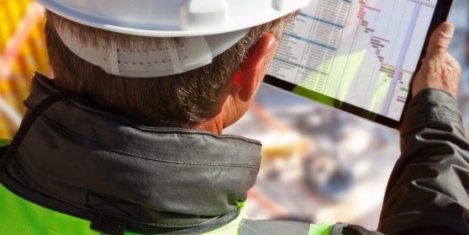
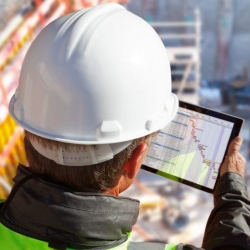 New office developments and major refurbishments in the UK will be able to formally register under the Design for Performance framework. The framework claims to help developers ensure that projects deliver against their design intent and overcome the well-evidenced performance gap between design and operation. This is achieved by requiring project teams to target an operational
New office developments and major refurbishments in the UK will be able to formally register under the Design for Performance framework. The framework claims to help developers ensure that projects deliver against their design intent and overcome the well-evidenced performance gap between design and operation. This is achieved by requiring project teams to target an operational 
 New rules allowing commercial premises to be converted into homes come into force as part of a package of measures the UK government claims will help to revitalise England’s high streets and town centres. It believes the new rules will help “support the creation of much-needed homes while also giving high streets a new lease of life – removing eyesores, transforming unused buildings and making the most of brownfield land.”
New rules allowing commercial premises to be converted into homes come into force as part of a package of measures the UK government claims will help to revitalise England’s high streets and town centres. It believes the new rules will help “support the creation of much-needed homes while also giving high streets a new lease of life – removing eyesores, transforming unused buildings and making the most of brownfield land.” 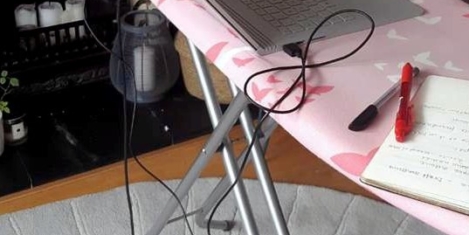
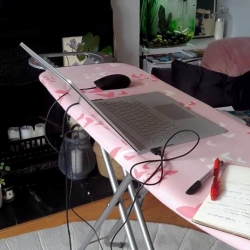 New research by
New research by 








May 11, 2021
Organisations are finally getting their heads around what the office is really good at
by Gill Parker • Comment, Workplace design